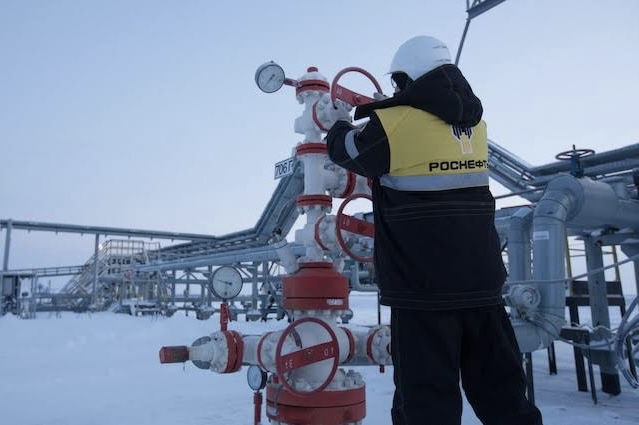Russia has reportedly approached Kazakhstan with a request to establish a 100,000-ton emergency gasoline reserve, according to industry sources. This move comes amid concerns about potential fuel shortages in Russia caused by drone attacks and refinery outages.
One source claimed a deal regarding the reserve is already in place, while an advisor to Kazakhstan’s energy minister denied receiving such a request from their Russian counterpart. Regardless of confirmation, this reported request highlights the growing strain on Russia’s fuel supply chain.
Drone Attacks Disrupt Refining Capacity
Drone strikes attributed to Ukraine have reportedly taken roughly 14% of Russia’s primary oil refining capacity offline as of late March. Despite assurances from Russian authorities about stable fuel markets and sufficient stockpiles, these disruptions have forced Russian oil companies to turn to imports.
While Russia is traditionally a net exporter of fuel, recent events have upended this dynamic. Moscow imposed a six-month gasoline export ban in March to prevent domestic shortages. This ban excludes members of the Eurasian Economic Union, which includes Kazakhstan, and some countries with pre-existing fuel supply agreements. However, traders warn that the ban could be expanded if the situation in Russia worsens.
Limited Options for Russia
Neighboring Belarus has already agreed to assist Russia with gasoline supplies. Kazakhstan, the world’s largest landlocked country, has also restricted fuel exports until the end of 2024, with exceptions for humanitarian aid. As of April 5th, Kazakhstan reportedly held reserves of 307,700 tons of Ai-92 gasoline, 58,000 tons of Ai-95 gasoline, 435,300 tons of diesel, and 101,000 tons of jet fuel.
The potential deal with Kazakhstan reflects Russia’s limited options in securing gasoline supplies. The ongoing conflict in Ukraine and resulting sanctions continue to disrupt Russia’s economic activity. While the short-term impact of this request on Kazakhstan remains unclear, it underscores the complex geopolitical landscape impacting global energy markets.
Source: Reuters



